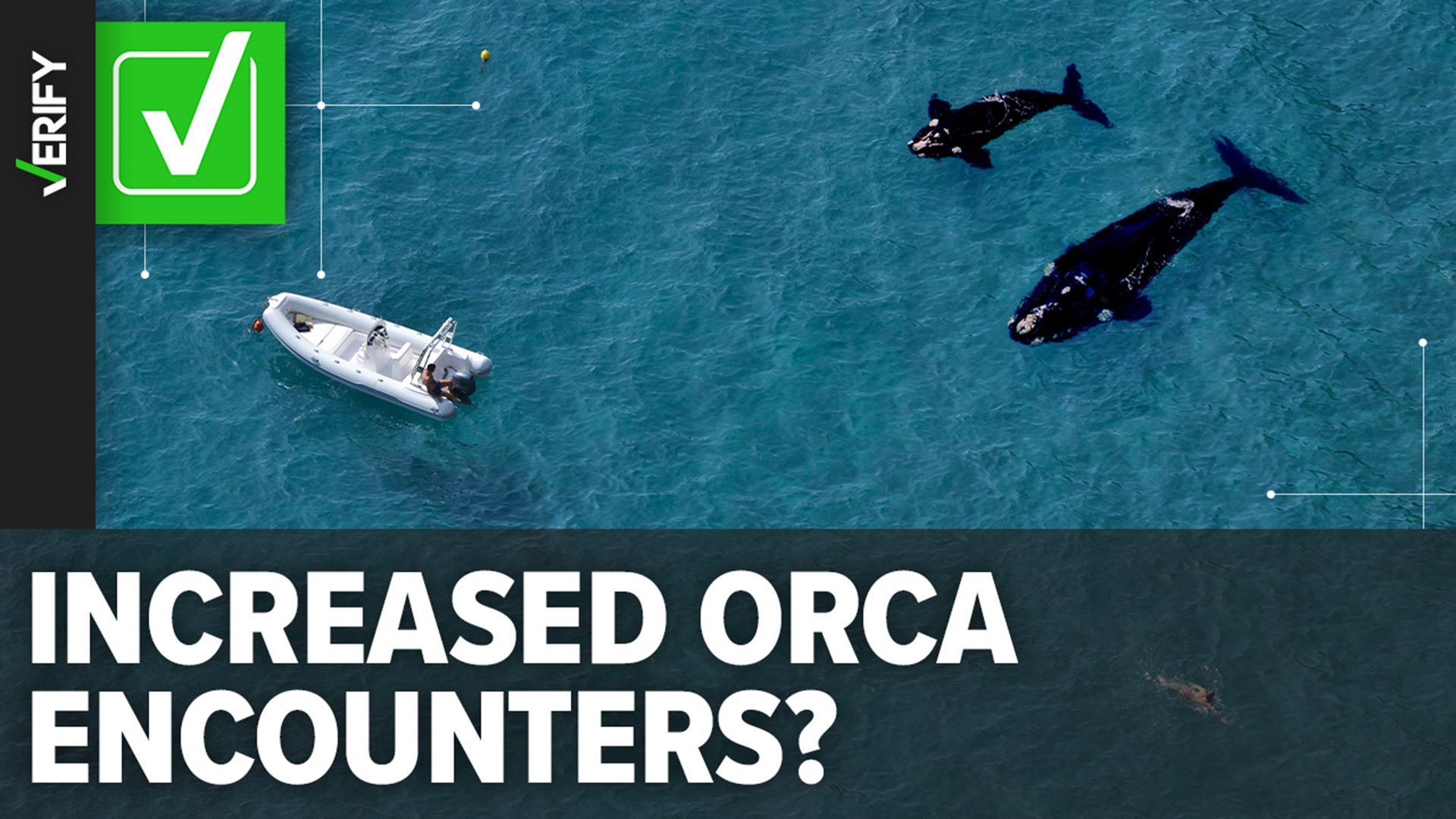
Dear Commons Community,
A strange, dangerous game of targeting and ramming into small sailing and fishing boats is spreading through a population of orcas off Spain’s coast.
Scientists say at least 20 Iberian orcas have now learned the behavior by copying their elders.
It is believed that one or two orcas started interacting with and damaging small sailing vessels in 2020 (see video below).
Scientists told the BBC the animals appear to be “playing” with the boats rather than acting aggressively.
“It’s only a game. It isn’t revenge [against boats], it’s just a game and that’s it,” said Dr. Renaud de Stephanis, a scientist based on the south coast of Spain.
Dr. de Stephanis is president of Conservation, Information and Research on Cetaceans (CIRCE), a marine conservation organisation. He said the orcas, also known as killer whales, appeared to be playing a “game” focused on the boats’ rudders – part of the moveable steering apparatus that sits in the water.
He and his colleagues have now pinned satellite tracking tags to the fins of two of the fewer than 60 animals in this population, which is critically endangered.
The Spanish government is using maps of their movements to help inform sailors about how to avoid these marine mammals, which hunt for tuna along the coast of Portugal and Spain, and through the narrow Strait of Gibraltar.
French sailor Lou Lombardi had his own encounter with the orcas near Gibraltar in July. He and the rest of the crew watched as five of the animals nudged and spun his boat around for 80 minutes – hitting the rudder until it split apart.
Talking to us in the shipyard in Barbate in Spain, as he and his colleagues prepared to put their repaired boat back into the water, he said the encounter appeared playful rather than aggressive.
“There’s foam inside the rudder that went into the water, he explained, “and the orcas were pushing it around with it on their noses – like a toy.
“I had the feeling they were training each other,” he told us. “There were two calves, and the adult would do it, then watch while the calf did it – like they were transmitting something.”
Orcas are known to be highly social mammals. Other subspecies of killer whale have been recorded playing with floating seaweed, toying with fishing gear and one population in the Pacific even went through an apparent phase of carrying dead salmon around on their heads.
Using boat rudders as playthings is novel behavior and it is currently confined to this small, endangered Iberian population, but the young animals do appear to be copying adult orcas.
By examining footage and images, captured by sailors, scientists have identified some of the animals involved.
Monica Gonzalez is a marine biologist with the organisation Orca Iberica, which is logging and mapping the orca encounters reported by sailing vessels. She explained: “The adults are very targeted – they’re focused on the rudder – just the rudder.
“But the juveniles seem to approach, move away, explore the whole boat – it’s a very different kind of behavior.”
These large, intelligent and now troublesome marine mammals are causing confusion and division in both the sailing and the scientific community along this stretch of the Atlantic coast.
Some scientists have suggested that one female orca started “attacking” boats as revenge, because she had been injured by a vessel.
Nuria Riera, an artist who lives in Tarifa on the southern Spanish coast, and who volunteers with the conservation and whale-watching organisation Firmm, says the language that has been used to describe the orcas’ behaviour is simply unfair.
“Scientists don’t even know why they are doing this,” she said. “And yet I’m reading reports about orcas attacking – it’s such aggressive language.
“We have to remember that the sea is their home – we’re the intruders,” she said.
Tony


